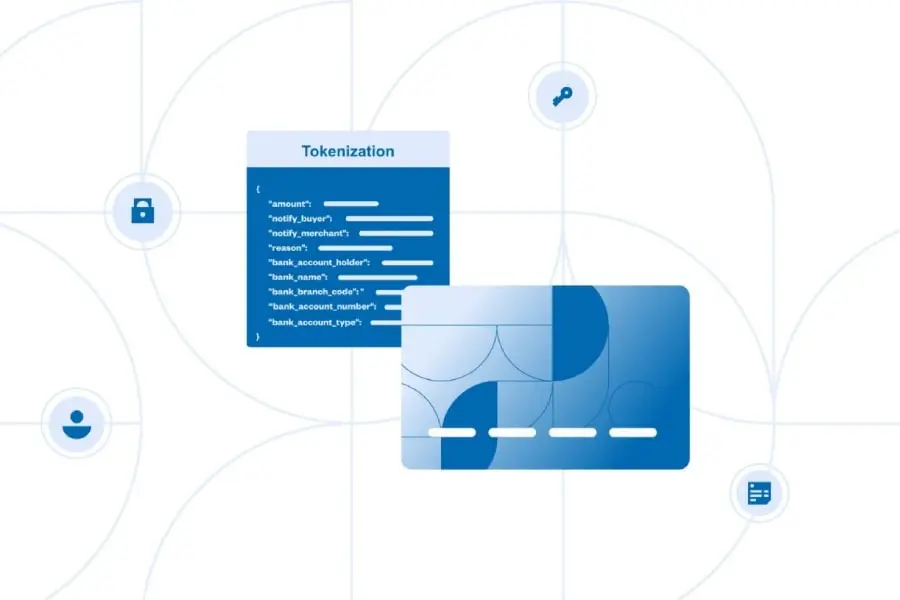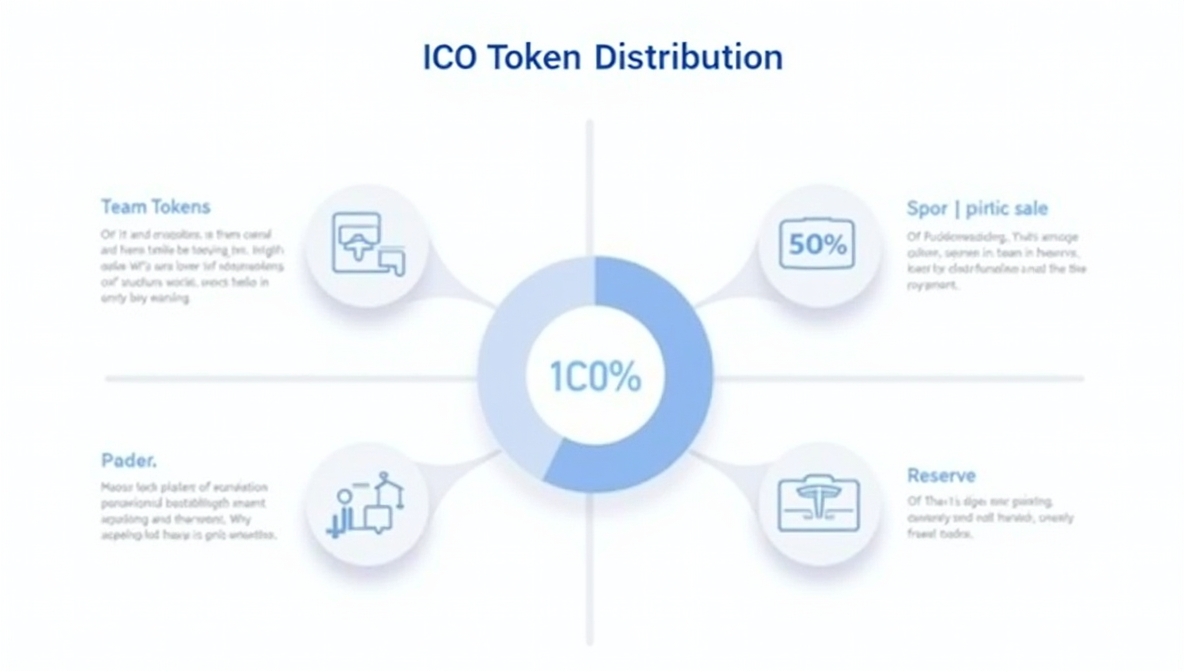As we meander through the intricate alleyways of the digital marketplace, one thing becomes abundantly clear: securing online transactions is paramount. Tokenization in e-commerce stands as a sentinel, safeguarding sensitive information and ensuring that your shopping experience is as safe as it is convenient. But what exactly does tokenization mean in this context? Let’s embark on a journey to unravel the intricacies of tokenization in eCommerce.
Introduction to Tokenization in E-commerce
At its core, tokenization involves substituting sensitive data with non-sensitive equivalents known as tokens. This seemingly simple substitution plays a colossal role in securing digital transactions. In the bustling world of e-commerce, where countless transactions occur every second, the importance of tokenization cannot be overstated. It serves as a formidable defense against fraud and data breaches by ensuring that sensitive payment information like credit card numbers never traverses the internet as plaintext. Instead, only tokens, which have no exploitable value, are used throughout the transaction process.

How Tokenization Works in E-commerce
To grasp the power of tokenization, it is essential to understand its working mechanics. When a customer initiates a transaction, their sensitive payment data is substituted with a randomly generated token that travels through the payment process. This token can only be used within a specific context or transaction, rendering it useless if captured by nefarious actors.
Payment gateways play a crucial role in this secure transformation process. These gateways replace sensitive information with tokens and handle subsequent transactions transparently, so both merchants and customers remain unaffected. Secure environments like iFrames are often employed to collect customer data on websites, adding another layer of security by isolating sensitive input fields from potential threats.
While tokenization and encryption both aim to protect data, they differ significantly in regards to tokenization in eCommerce. Encryption involves mathematically transforming data into unreadable gibberish, which can be decrypted with the right key. Tokenization, however, removes the original data from the equation entirely, replacing it with tokens that have no mathematical link to the original data, eliminating the risk of decryption.
Different Approaches to Tokenization in E-commerce
Tokenization manifests in various forms tailored to different e-commerce requirements.
Webform Tokenization
Using iFrames, webform tokenization is employed to securely collect data directly from customers. Here, sensitive information is entered into an external frame controlled by a secure server, ensuring that even the merchant’s systems never access this data.

Mobile API Tokenization
As we navigate the mobile-centric world of e-commerce, mobile API tokenization becomes indispensable. This approach secures transactions at the application level, ensuring that mobile purchases are just as safe as their desktop counterparts.
Network Tokenization
Card networks issue their own tokens for enhanced security, a process known as network tokenization. These tokens maintain their validity across the network’s ecosystem, enabling users to safely conduct transactions across various platforms and devices without repeatedly entering sensitive information.
Benefits of Tokenization for E-commerce
Exploring the benefits of tokenization reveals its pivotal role in elevating e-commerce security and efficiency.
Read More: Tokenization in Capital Markets: Unlocking a $16 Trillion Revolution
Enhanced Security
Tokenization offers robust protection against data breaches and fraud. By storing only tokens rather than sensitive data, the impact of any potential security breach is drastically minimized.
PCI Compliance
Easing the burden of PCI (Payment Card Industry) compliance is another significant advantage. Since tokenization reduces the scope of sensitive data storage, achieving and maintaining compliance with PCI standards becomes less cumbersome, allowing merchants to focus resources elsewhere.
Improved Customer Experience
In this fast-paced environment, convenience is king and tokenization in eCommerce helps us achieve that. Tokenization enables seamless one-click and zero-click payments, significantly enhancing the customer experience by removing friction points in the checkout process.
Cost Efficiency
Finally, tokenization can lead to reduced interchange fees and chargebacks, lowering costs for merchants. By mitigating fraud risk and streamlining compliance processes, businesses can achieve significant savings over time.

Implementing Tokenization in E-commerce
Embracing tokenization requires careful planning and execution. Integrating tokenization with payment service providers is crucial, necessitating a thorough selection of PCI-compliant partners to ensure regulatory compliance and robust security. This includes updating technology infrastructures and training staff to efficiently handle tokenized transactions.
Integrating tokenization isn’t just a technical upgrade; it’s a strategic move. Imagine integrating a seamless payment system that enhances security and boosts user trust simultaneously. Selecting the right payment service provider is akin to choosing a reliable partner they need to offer robust APIs, flexible integration options, and continuous support. A successful integration also requires adequate staff training, ensuring they understand how to manage tokenized transactions efficiently.
Read More: Gold Tokenization: The Fascinating World of Digital Gold Investment
Statistics and Data
- Fraud Reduction: According to the PCI Security Standards Council, businesses that implement tokenization can reduce fraud by up to 80%. Also, A study by the CyberSource 2020 Fraud Benchmark Report indicated that merchants using tokenization experienced a 30% decrease in fraud-related chargebacks.
- Customer Trust: Research from the Harvard Business Review found that companies utilizing tokenization reported a 25% increase in customer trust levels due to enhanced security measures.
- Cost Efficiency: Tokenization can lead to savings of approximately $1 million annually for large retailers by reducing the costs associated with data breaches and compliance efforts, as reported by the Ponemon Institute.
Challenges and Considerations
Adopting tokenization technology presents its own set of challenges when it comes to tokenization in eCommerce. Complexity in integration can be a significant hurdle, requiring businesses to overhaul existing systems and adopt new workflows. Moreover, maintaining the effectiveness of tokenization necessitates constant updates and adherence to security measures. Thus, ongoing vigilance is essential for keeping up with evolving threats and standards.
While tokenization significantly reduces risks, the initial setup can be daunting. Businesses might face technical challenges, especially when their existing infrastructure isn’t flexible enough to accommodate tokenization systems. Furthermore, staying updated with the latest security protocols and ensuring compliance with evolving regulations demands continuous effort and investment. However, these challenges are outweighed by enhanced security, reduced fraud incidents, and potential cost savings over time.

Tokenova is Here to Help
Tokenova has emerged as a key player, offering services that facilitate tokenization in e-commerce. Their solutions are designed to provide seamless integration for businesses looking to enhance their security infrastructure. Key features of Tokenova’s offerings include advanced encryption technologies and compliance support, ensuring businesses can adapt to the complexities of tokenization with ease. However, it’s vital to verify the latest details about Tokenova’s services before making any decisions.
Read More: Tokenization of Assets and Government Bonds
Tokenova not only provides cutting-edge tokenization solutions but also supports innovation in secure digital transactions. By focusing on user-friendly integration processes and offering compliance help, they ensure that businesses, regardless of size, can adopt tokenization without facing overwhelming technical barriers. Moreover, their consistent updates in response to the latest security trends make them a reliable choice for businesses aiming to protect their customers’ data integrity continuously.
Wrapping Up
To Wrap up, tokenization serves as a cornerstone in the e-commerce landscape, fortifying digital transactions against threats while simplifying compliance and enhancing customer trust. As we look to the future, the continued evolution of tokenization technology promises to make online shopping even more secure and seamless, fostering an environment where both consumers and merchants can transact with confidence.
The road to flawless e-commerce security is paved with innovative solutions, and tokenization in e-commerce is at the forefront. By adapting to this powerful technology, businesses not only safeguard sensitive information but also build lasting trust with their consumers, ultimately leading to a more prosperous digital marketplace.
By exploring this technology thoroughly, merchants can better understand how to leverage tokenization to protect transactions, enhance consumer trust, and drive business success.
How does tokenization differ from traditional encryption?
Tokenization replaces sensitive data with tokens without relying on a mathematical algorithm, unlike encryption which scrambles data using keys.
What impact does tokenization have on mobile commerce security?
Tokenization secures mobile transactions at the application level, ensuring mobile purchases are protected against vulnerabilities.
Can tokenization be adapted for small businesses?
Yes, tokenization solutions can be scaled to fit the needs and resources of small businesses, making it a versatile security option.
What role do payment gateways play in tokenization?
Payment gateways facilitate the tokenization process by replacing sensitive data with tokens and handling transactions securely.
Are there any industries other than e-commerce that benefit from tokenization?
Yes, tokenization is beneficial in sectors like healthcare and finance, where data security is critical.











